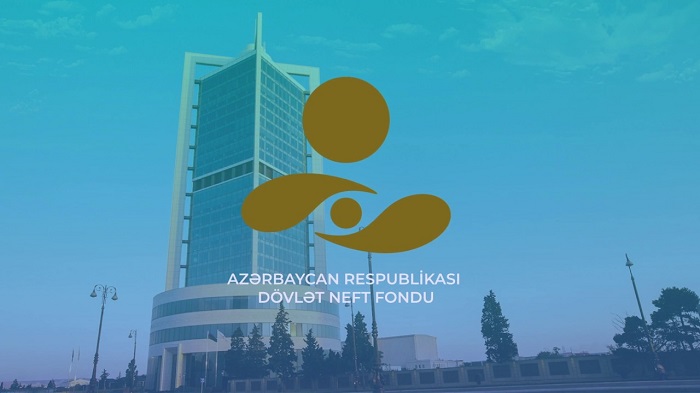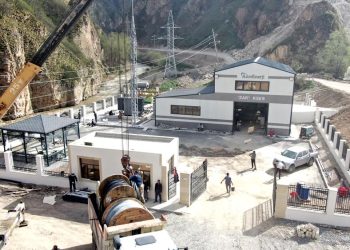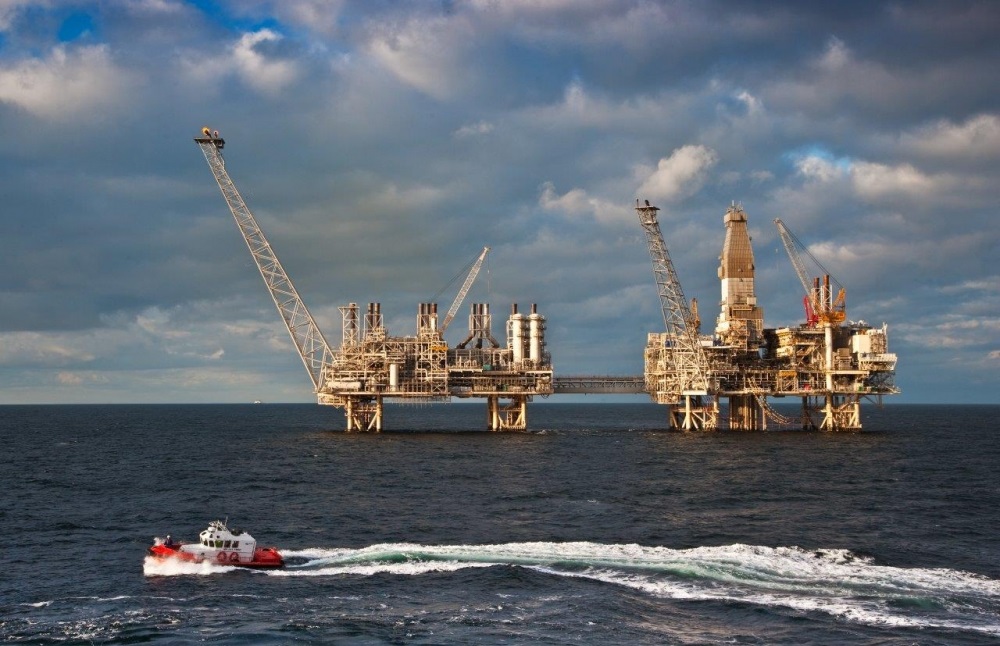Iran’s Environment Protection Organization has opposed the water transfer from the Caspian Sea to central parts of the country.
The organization’s director Masoumeh Ebtekar said no agreement has been reached in this regard so far, Iran’s IRNA news agency reported on September 20.
Iran is located in an arid zone, and the drought of 1992-2002 caused a major blow to agriculture. There were quotas imposed for fresh water in several cities, including the capital Tehran.
The main problem is the mismanagement of water resources, Ebtekar said, adding that there is no appropriate pattern for the use of water in the agriculture sector.
In October 2012, the Iranian energy ministry received the permission to transfer water from the Caspian Sea to central parts of the country.
In December 2013, the Mehr News Agency quoted Iranian deputy energy minister Sattar Mahmoudi as saying that Iran has finished preliminary studies for transferring water from the Caspian Sea to inland.
Some 200 million cubic meters of water is projected to be transferred per year to the central parts of the country for drinking and industrial purposes, according to the official.
In April 2013, ex-Energy Minister Majid Namjou said that Iran will start operations to transfer water from the Caspian Sea to the central parts of the country in the near future.
The required budget, which is about 20 trillion rials (about $800 million), has been provided, he said, adding that the project will be completed by March 2016.












